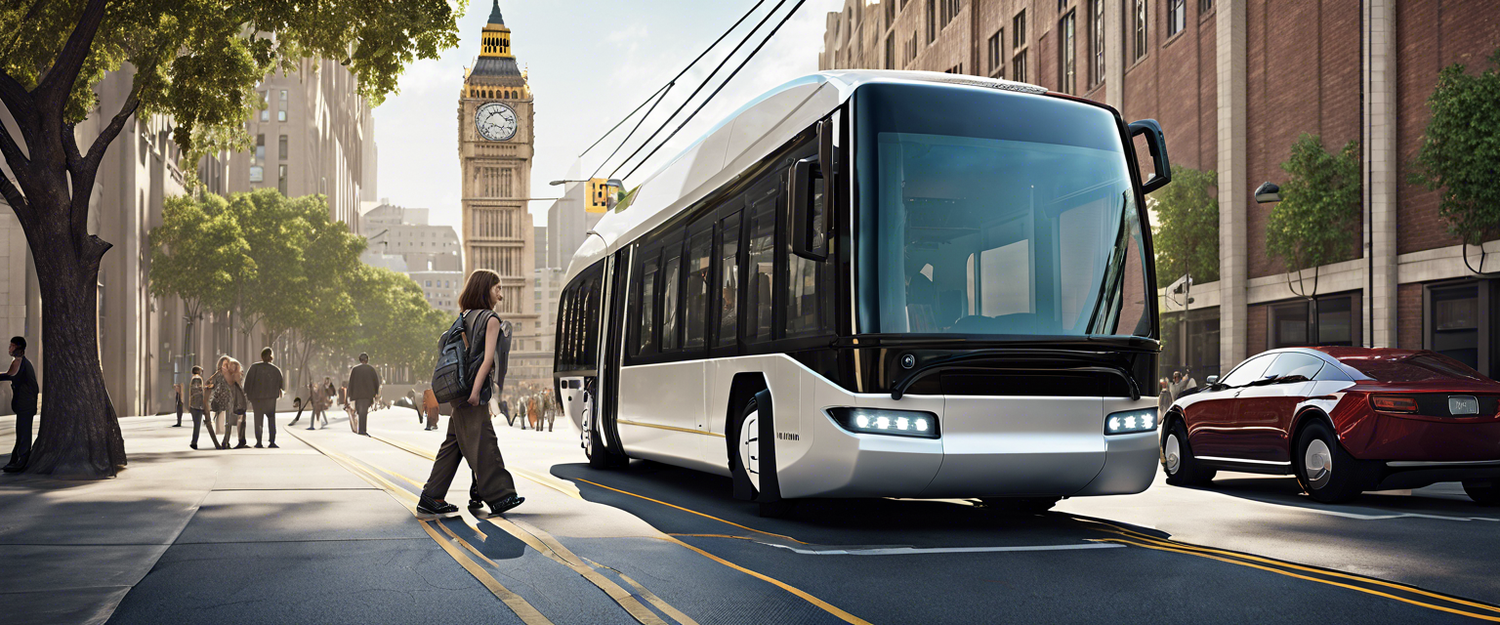The Future of Autonomous Transportation: May Mobility Expands Fleet with Electric Mini-Buses
May Mobility, based in Ann Arbor, Michigan, is making significant strides in the autonomous vehicle industry with its recent expansion of the fleet. The company has acquired several electric mini-buses from the Italian manufacturer, Tecnobus, which can accommodate up to 30 passengers. This innovative step aims to broaden May Mobility’s self-driving mobility services, catering to a variety of markets including urban transit, corporate campuses, airports, and planned communities.
Why the Shift to Electric Mini-Buses?
With the ability to transport more passengers comfortably and safely, these new vehicles present a unique opportunity for May Mobility to enhance its offerings. Key features of the mini-bus include:
- Capacity for up to 30 passengers
- Wheelchair accessibility
- Fully swappable battery systems for increased uptime
- Speed restriction of up to 45 mph for safer operations
Current Operations and Technological Edge
Currently, May Mobility operates a fleet of retrofitted Toyota Sienna minivans equipped with advanced autonomous hardware and software. Their operational model focuses on ride-sharing services within geofenced areas such as:
- Business districts
- College campuses
- Closed residential communities
One of the distinctive aspects of May Mobility’s approach is its partnership with Lyft, which integrates autonomous vehicles into its ride-hail platform, setting it apart from other players in the field.
Expanding Horizons: Target Markets for the New Mini-Buses
While May Mobility currently serves various communities in the United States, the introduction of the mini-buses is aimed at expanding their reach to:
- Urban areas
- Corporate campuses
- Airports
- Planned communities
- Potential expansions into Canada and Europe
May Mobility is aiming to have these vehicles road-ready by the first half of 2026, signaling its commitment to innovation and customer service.
Market Dynamics: Navigating Challenges in Autonomous Driving
The autonomous driving industry is undergoing rapid changes, with various robotaxi companies experiencing a mix of growth and challenges. Unlike other companies chasing the ride-hailing market, May Mobility leverages its focus on long-term transportation contracts with businesses and government entities. This strategy mitigates risks associated with municipal regulations and ensures they are incentivized to address local concerns proactively.
Conclusion: A Bright Future Ahead
May Mobility's expansion to include electric mini-buses reflects the company's vision for the future of autonomous transportation. By targeting specific markets and responding proactively to regulatory frameworks, they differentiate themselves in a competitive landscape. As they gear up for a rollout in 2026, their innovative spirit and strategic partnerships position them well for success in the autonomous mobility sector.
For more information on autonomous vehicles and related innovations, check out our Autonomous Vehicle News section.



Залишити коментар
Усі коментарі модеруються перед публікацією.
This site is protected by hCaptcha and the hCaptcha Privacy Policy and Terms of Service apply.